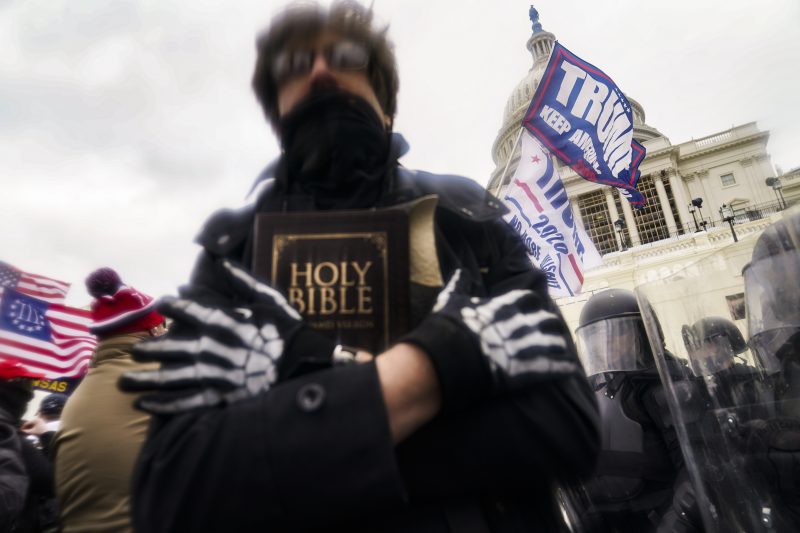In the wake of ongoing political turmoil and increasing instances of civil unrest across the United States, the role of public figures in stoking or quelling tensions has come under scrutiny. One such figure who has sparked controversy with his rhetoric is former President Donald Trump. Throughout his time in office, Trump made use of what many consider to be coded language or dog whistles to communicate with his supporters on sensitive issues related to unrest and violence.
Trump’s deployment of these dog whistles was evident in his speeches and tweets, where he often used inflammatory language that seemingly condemned violence while simultaneously signaling support for actions that could be interpreted as encouraging aggression. For instance, during the Black Lives Matter protests in 2020, Trump tweeted phrases such as when the looting starts, the shooting starts, which many perceived as a direct incitement to violence against protesters.
The use of dog whistles allows politicians like Trump to convey controversial or divisive messages to their base without overtly stating them. This tactic creates plausible deniability, as they can claim innocence or misinterpretation if called out for spreading divisive rhetoric. Trump’s dog whistles served to galvanize his ardent supporters and reinforce their loyalty, while also fanning the flames of division and discord in the broader political landscape.
Moreover, by tapping into his supporters’ fears and frustrations, Trump was able to mobilize them against perceived threats, be it from racial justice movements, immigrant communities, or political opponents. This divisive tactic not only deepened societal rifts but also sowed seeds of distrust and animosity among different groups within the country.
Critics argue that Trump’s use of dog whistles was a deliberate strategy to exploit social tensions for political gain, sacrificing unity and civility for personal ambitions. By capitalizing on people’s fears and grievances, Trump amplified the polarization that has come to characterize American politics in recent years, further eroding trust in institutions and exacerbating societal divisions.
As the country grapples with the aftermath of Trump’s presidency and ongoing challenges related to unrest and violence, it is imperative to scrutinize the language and rhetoric used by public figures. The prevalence of dog whistles in political discourse highlights the need for a more nuanced understanding of how language shapes perceptions and influences behaviors, particularly in times of heightened social tensions.
Moving forward, it is crucial for leaders to prioritize messaging that promotes unity, empathy, and understanding, rather than resorting to tactics that inflame tensions and deepen divisions. By fostering a climate of respect and dialogue, public figures can help mitigate the risks of further unrest and violence, paving the way for a more inclusive and harmonious society for all.


























